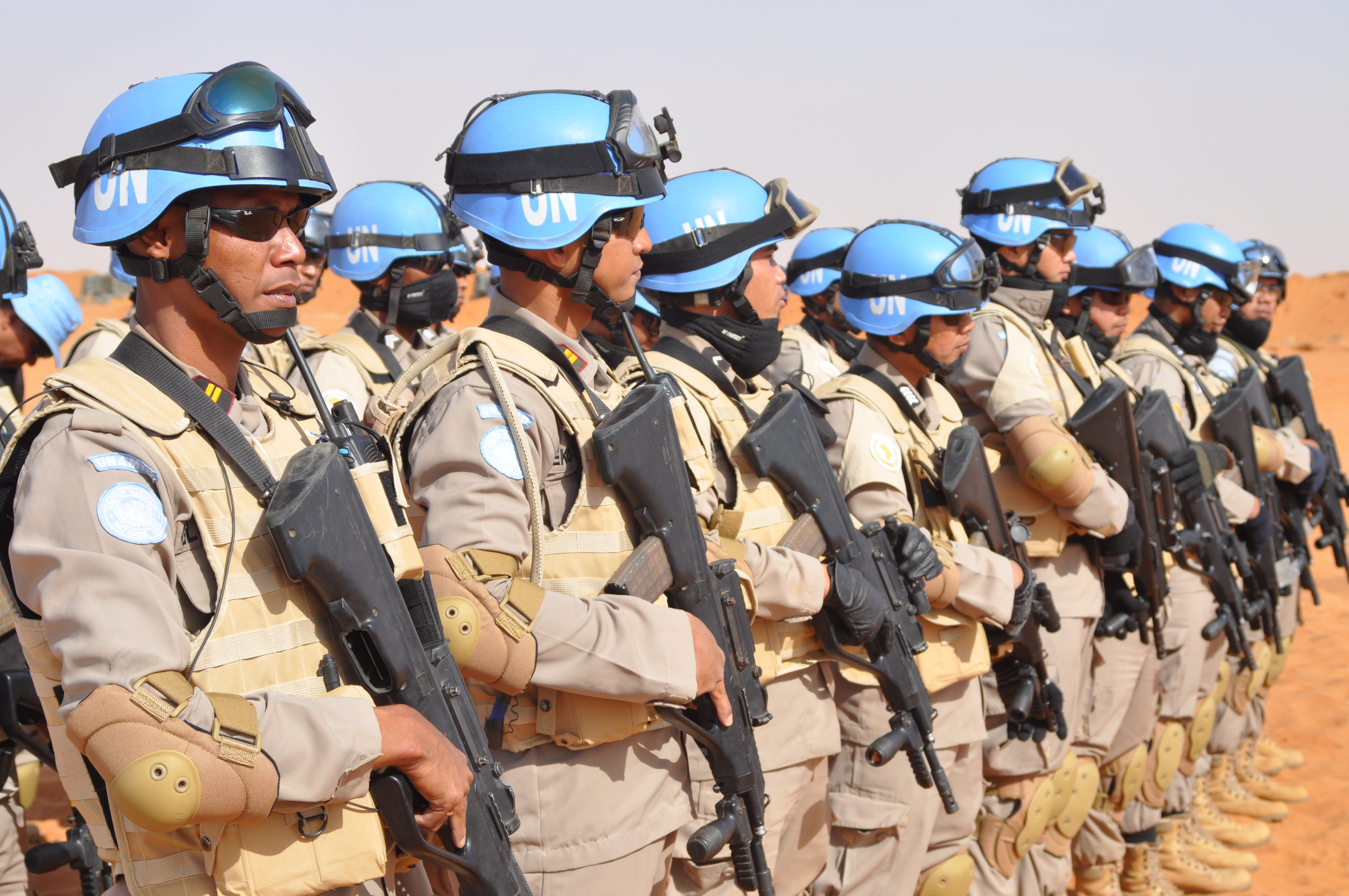When conflict broke out in Darfur early in 2003, there were just two major rebel groups - since then the insurgents have splintered into a confusing array of competing factions, making a peace deal infinitely more difficult to reach.
JEM (Justice and Equality Movement)
The Justice and Equality Movement (Jem) was founded by Darfurians drawn mostly from among former supporters of Islamist leader Hassan al-Turabi. Jem fighters launched an attack on Khartoum in May 2008.
He was a partner in President Omar al-Bashir's 1989 coup against Sadeq al-Mahdi's elected government.
Jem is led by a doctor, Khalil Ibrahim, who was one of the authors of the "The Black Book", which documented the disproportionate power of three northern Arab tribes. Jem is currently the most significant fighting force in Darfur, armed with weapons that Sudan says come from neighbouring Chad.
It has bases inside Chad. Khartoum says Jem is supported by Chadian President Idriss Deby, who is from the same Zaghawa ethnic group as Khalil Ibrahim.
In May 2008, Jem launched an unprecedented attack on the Sudanese capital.
In February the following year it was invited to one-on-one talks with Sudan's government in Doha, Qatar.
Jem signed a "declaration of intent" for a peaceful settlement of the war. Fresh talks may follow.
Many Darfurians distrust Khalil Ibrahim because of his Islamist past and suspect he is focused on political power in Khartoum for his clan.
Until he attacked the capital, Jem had limited support on the ground in Darfur.
SLA (Sudan Liberation Army)
With Jem, the Sudan Liberation Army (SLA) was one of the two original Darfur rebel groups, composed mainly of Fur, Zaghawa and Masalit - the three largest non-Arab tribes of Darfur.
Existing divisions along largely ethnic lines widened, pitting Zaghawa (led by Minni Arkou Minnawi) against Fur (led by Abdel Wahid Mohamed el-Nur).
SLA-Minni faction
Minnawi was the only rebel leader to sign the 2006 Darfur peace agreement (DPA) and was rewarded with the largely symbolic post of special adviser to President Bashir. His group had been losing ground before the DPA, and lost more after. His presence and power on the ground in Darfur today is minimal.
SLA-Abdel Wahid
Abdel Wahid has lived in self-imposed exile in Paris for nearly three years.
His faction controls part of the central Jebel Marra mountain area and has wide support among Fur in Darfur's massive displaced camps.
But it is losing support as a result of Abdel Wahid's refusal to return to Darfur.
He insists on being the only rebel interlocutor and says he wants security in Darfur, including the disarmament of the Janjaweed militias, before peace talks.
SLA-Unity
SLA-Unity grew out of dissatisfaction with both Minni Minnawi and Abdel Wahid.
Based in North Darfur, it is composed mainly of ethnic Zaghawas and has itself split. The International Criminal Court has blamed SLA-Unity, in alliance with Jem, for the 29 September 2007 attack on an African Union base in Haskanita in which 12 AU soldiers were killed. Its most prominent members include Suleiman Jamous, the humanitarian co-ordinator of the original SLA, and Sherif Harir, an anthropologist and long-time exile.
URF (United Resistance Movement)
The United Resistance Movement was formed in April 2008 when five small rebel movements came together. Its chairman is Bahr Idriss Abu Garda, formerly deputy in Jem to Khalil Ibrahim and now loosely allied to SLA-Unity.
Another component is the National Movement for Reform and Development.
The URF says it will not take part in any Qatar talks.
quoted from BBC News last updated at 15:06 GMT, Tuesday, 24 February 2009
Salam dari El Fasher (EFA)







Tidak ada komentar:
Posting Komentar